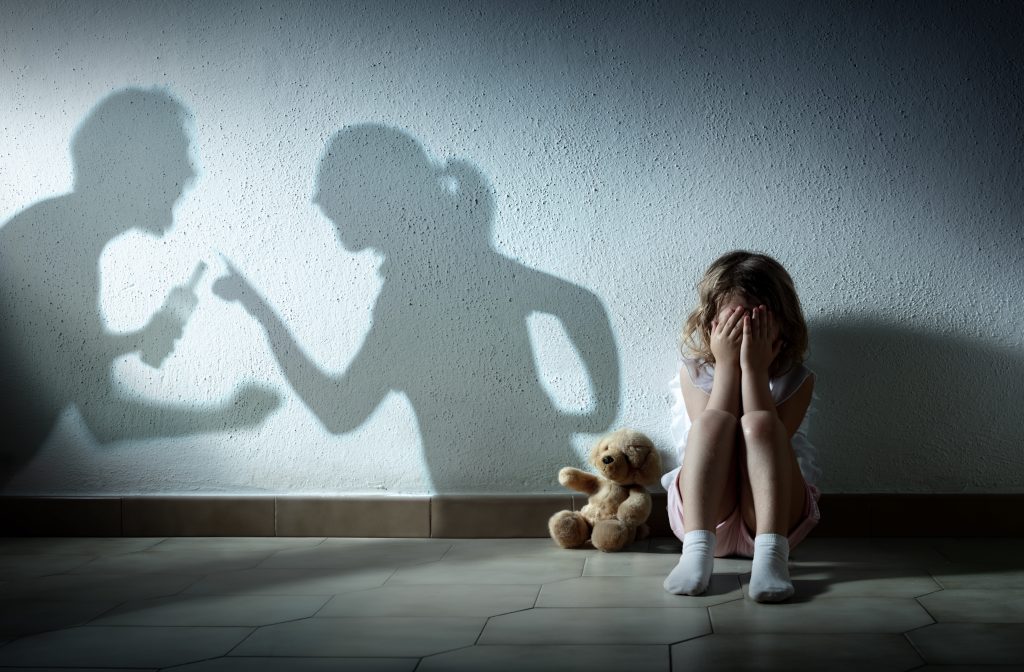Toxic Barbies & The Great Happiness Debate
There are times when I do things I wouldn’t normally do just because I wouldn’t normally do it. It’s a kind of self-check to make sure that I’m still open-minded and hopeful, instead of resting in a bias. Allow me to give you some context into my life so that you can understand why it […]
Toxic Barbies & The Great Happiness Debate Read More »













